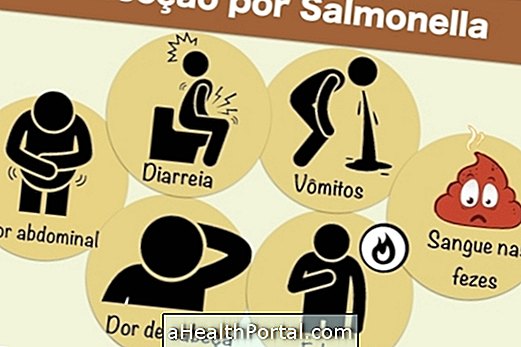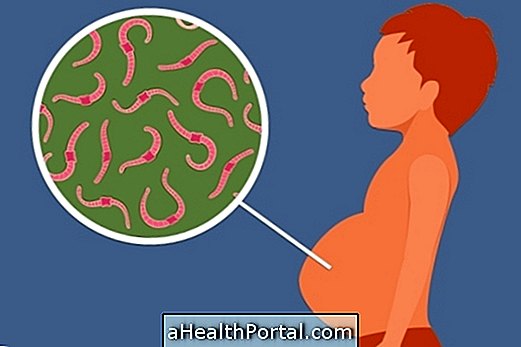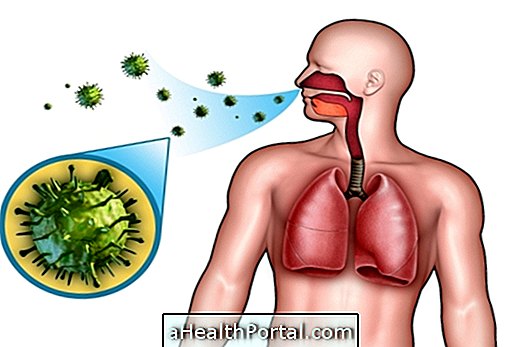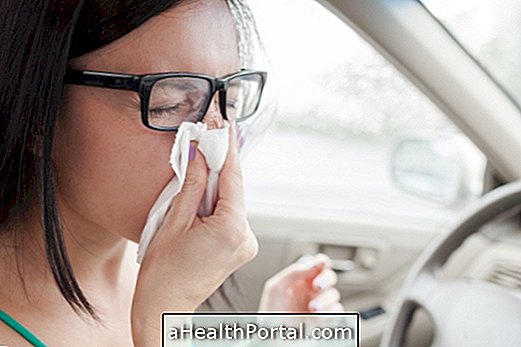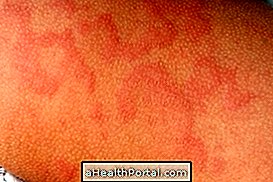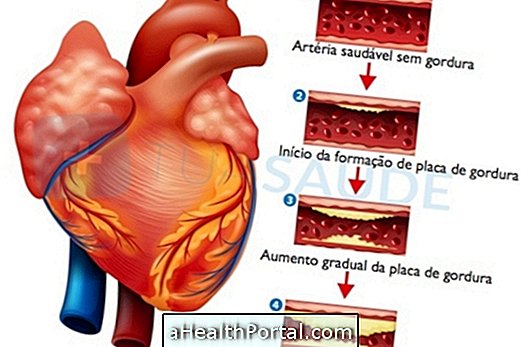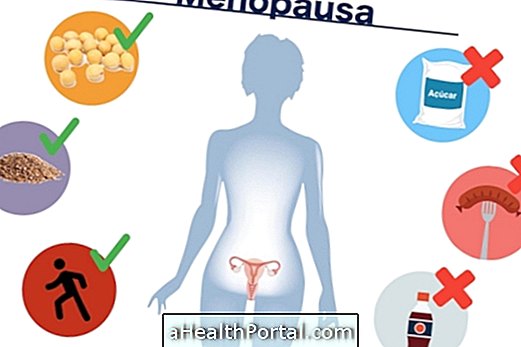KPC Klebsiella Pneumoniae Carbapenemase, also known as superbug, is a type of bacterium, resistant to most antibiotic medicines, which when it enters the body is able to produce serious infections, such as pneumonia or meningitis, for example.
Generally, Klebsiella Pneumoniae Carbapenemase infection is more common in hospitalized patients who need to be on breathing apparatus, who take injections directly into the vein for a long time or who do many treatments followed up with antibiotics.
See: 5 Steps to Protect Yourself from KPC Superbacteria.
Infection with the KPC bacteria has a cure, however, this can be difficult to reach because there are few antibiotic medicines capable of destroying this microorganism and so not all survive, despite all medical efforts. This bacterium is multidrug resistant and many antibiotics are not able to contain it and so the individual can stay in a very delicate state of health.
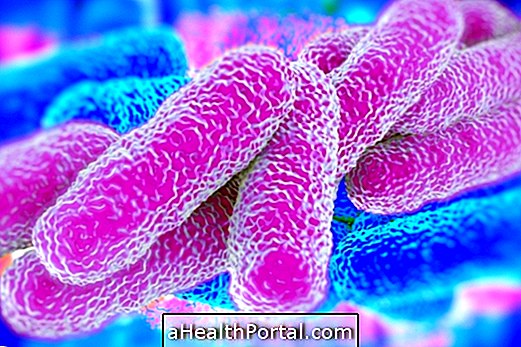
Treatment for KPC bacteria
Treatment for the bacterium Klebsiella pneumoniae carbapenemase is usually done in hospital admission with the injection of antibiotic medicines such as Poliximine B or tigecycline, directly into the vein. However, since this type of bacteria is resistant to most antibiotics, it is possible for the doctor to change the remedy after doing some blood tests that help identify the correct type of antibiotic or a combination of antibiotics. Some cases can be treated with a combination of more than 10 different antibiotics for 10 to 14 days.
In addition, during hospitalization, the patient should stay in an isolated room to avoid the contagion of other patients or relatives, for example. To touch the person contaminated one must wear appropriate clothes, mask and gloves. Weak people such as the elderly and children sometimes can not get visitors.
Symptoms of KPC bacteria
Symptoms of KPC Klebsiella pneumoniae carbapenemase bacteria may include:
- Fever above 39 ° C,
- Increased heart rate;
- Difficulty breathing;
- Pneumonia;
- Urinary infection, especially in pregnancy.
Other symptoms such as low blood pressure, generalized swelling and failure of some organs are also common in patients with severe bacterial infection with Klebsiella pneumoniae carbapenemase or when treatment is not done properly. What can happen when the person does not take the medicines prescribed by the doctor or when these medicines are not enough to fight the superbugéria, and thus the disease is getting worse and the state of health of the person is getting worse, being difficult to control.
The diagnosis of KPC infection can be made through an examination called antibiogram, which identifies the bacteria indicating the drugs that can fight this bacterium.
Transmission of KPC bacteria
Transmission of the Klebsiella pneumoniae carbapenemase bacteria can be done through direct contact with saliva and other secretions of the infected patient or through the sharing of contaminated objects. This bacteria has already been found in road terminals and public restrooms, and as it can easily spread through contact with the skin or through the air, anyone can be contaminated.
Thus, to prevent the transmission of Klebsiella pneumoniae carbapenemase bacteria it is recommended:
- Wash hands before and after contact with patients in the hospital;
- Wear gloves and protective mask to contact the patient;
- Do not share objects with the infected patient.
These indications must be respected by hospital professionals and visitors.
Hygiene measures such as washing your hands before after you go to the bathroom whenever you cook or feed yourself and whenever you get home from work can help prevent contamination with this and other bacteria that are potentially life threatening. The use of alcohol in gel also helps to keep the hands clean, but only if they are not apparently dirty.
It is believed that the increase in cases of superbugal infection occurs due to the indiscriminate use of antibiotics, which cause these microorganisms to develop resistance to existing drugs. Thus, to avoid a global epidemic one should take antibiotics only when indicated by the doctor for the time determined by him, and continue taking the medicine even if the symptoms of the disease are decreasing before the expected date.
See other ways to protect yourself against this bacteria in: How to contain an epidemic.

